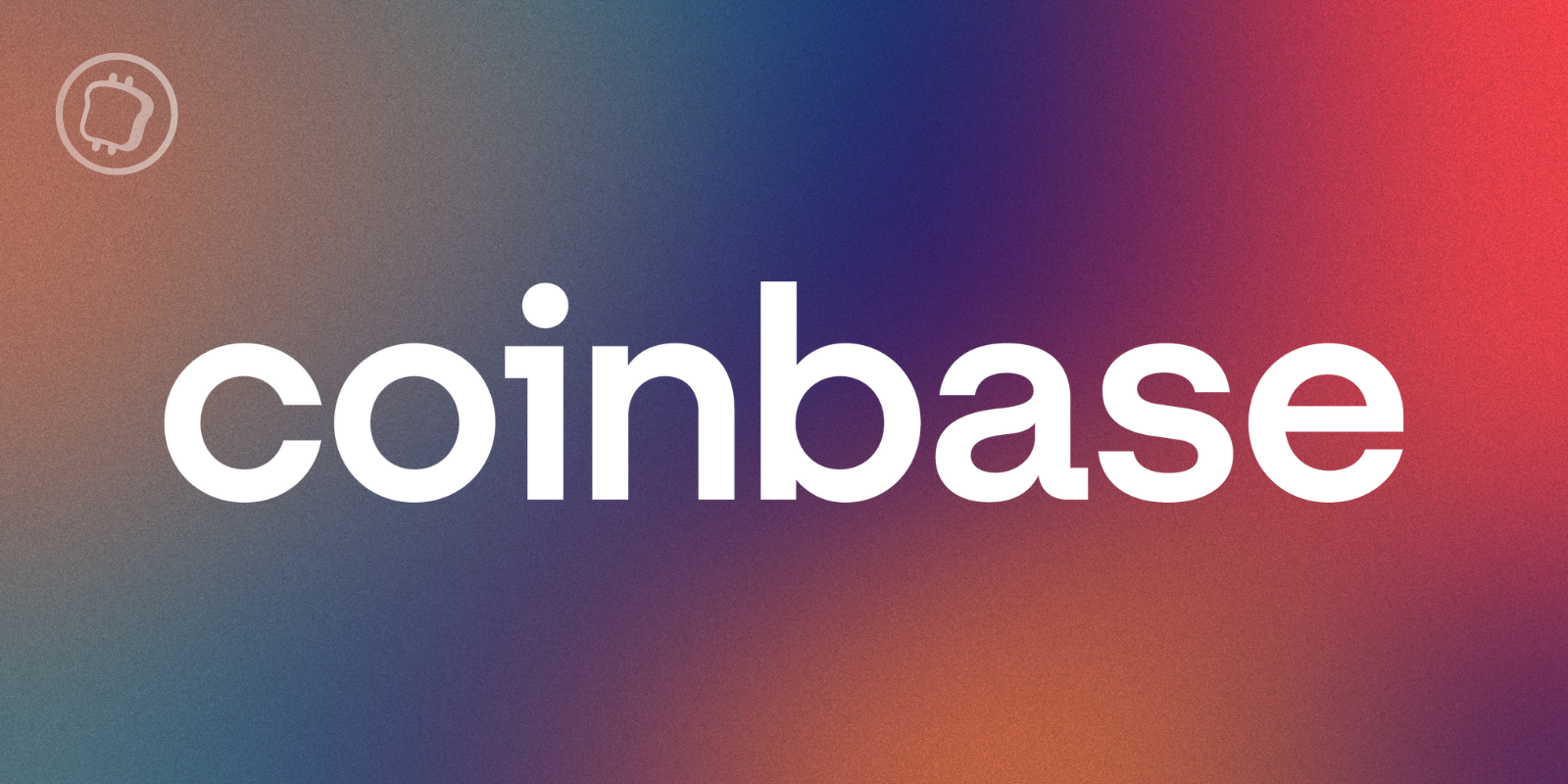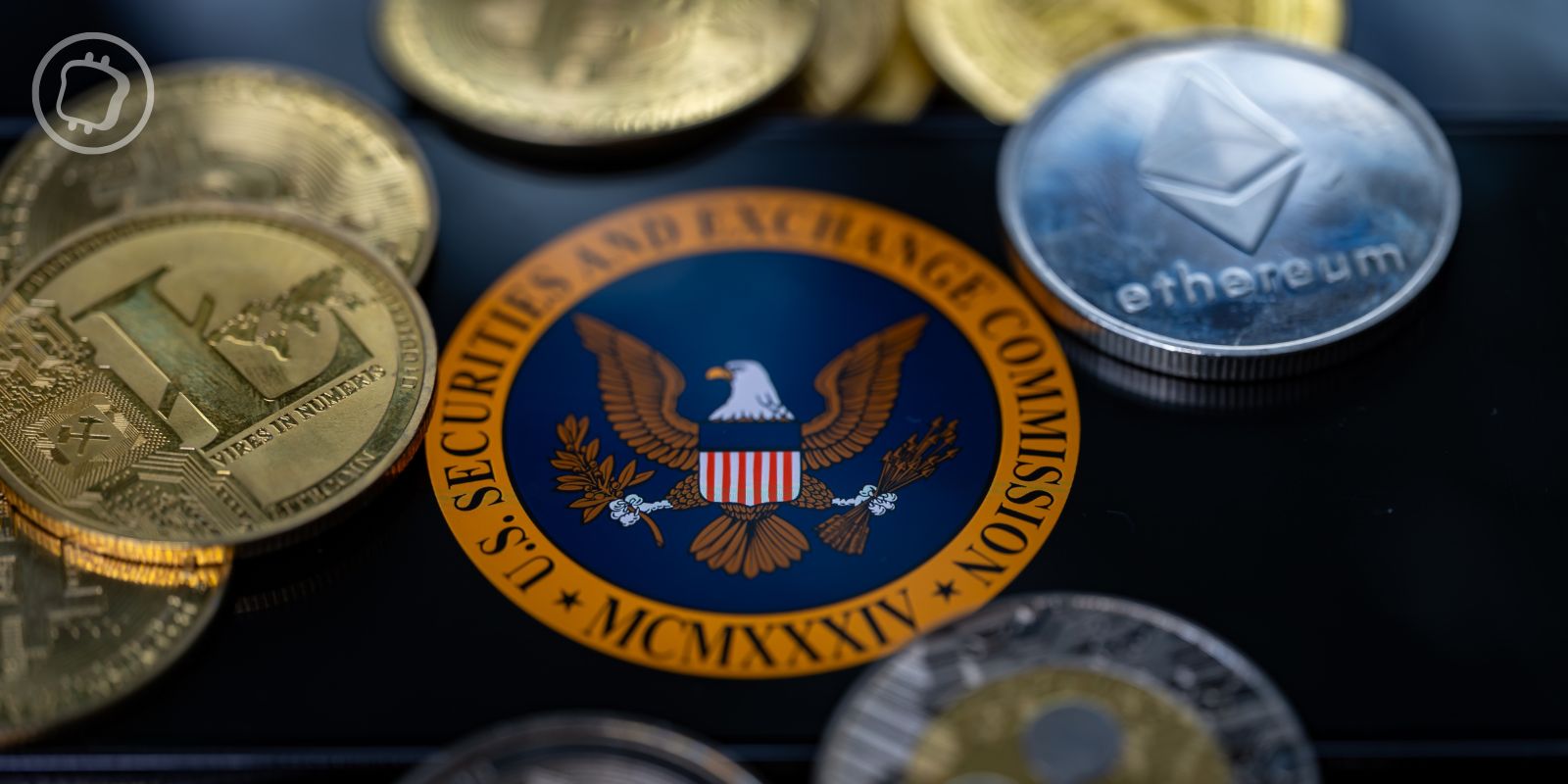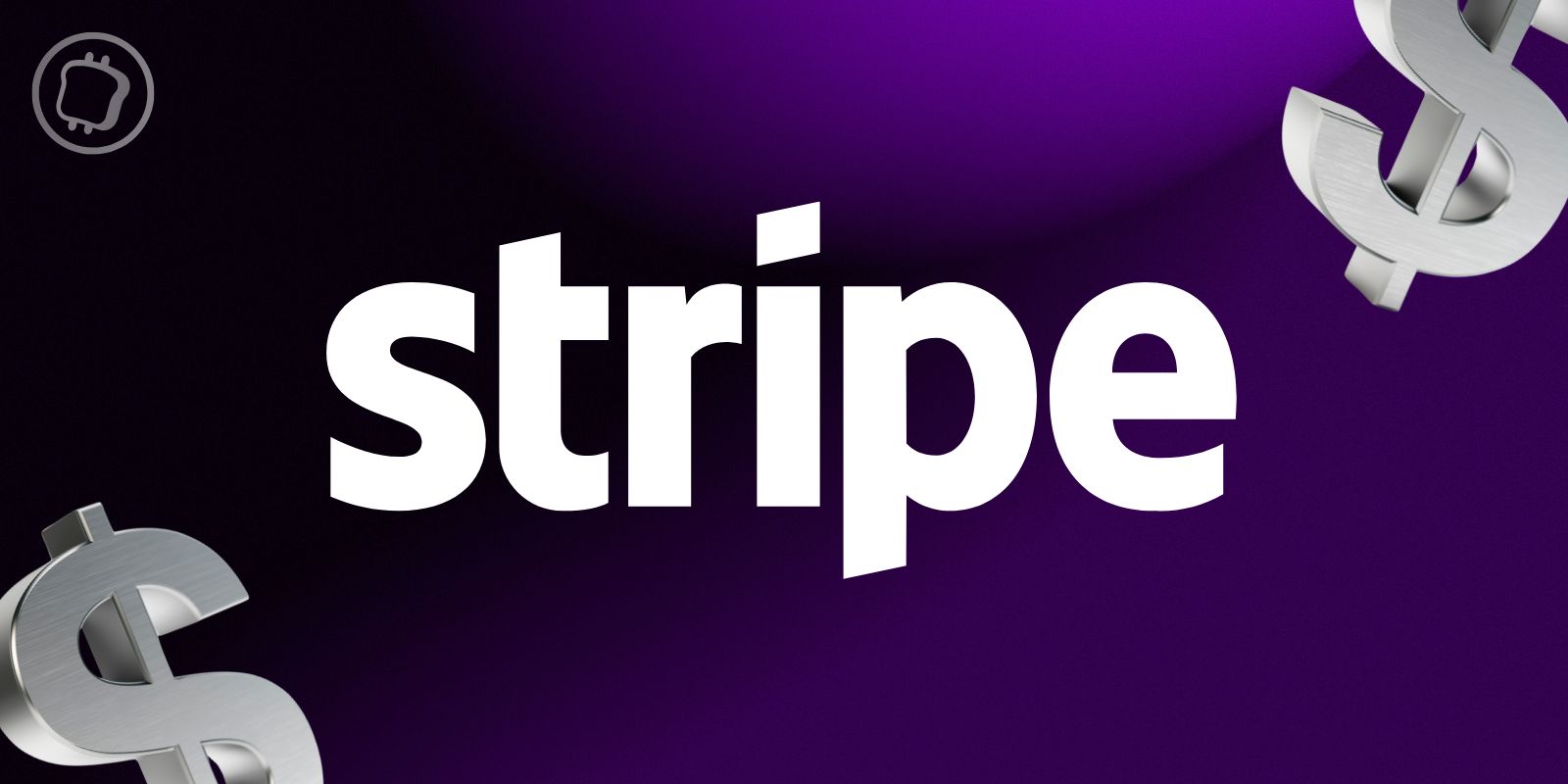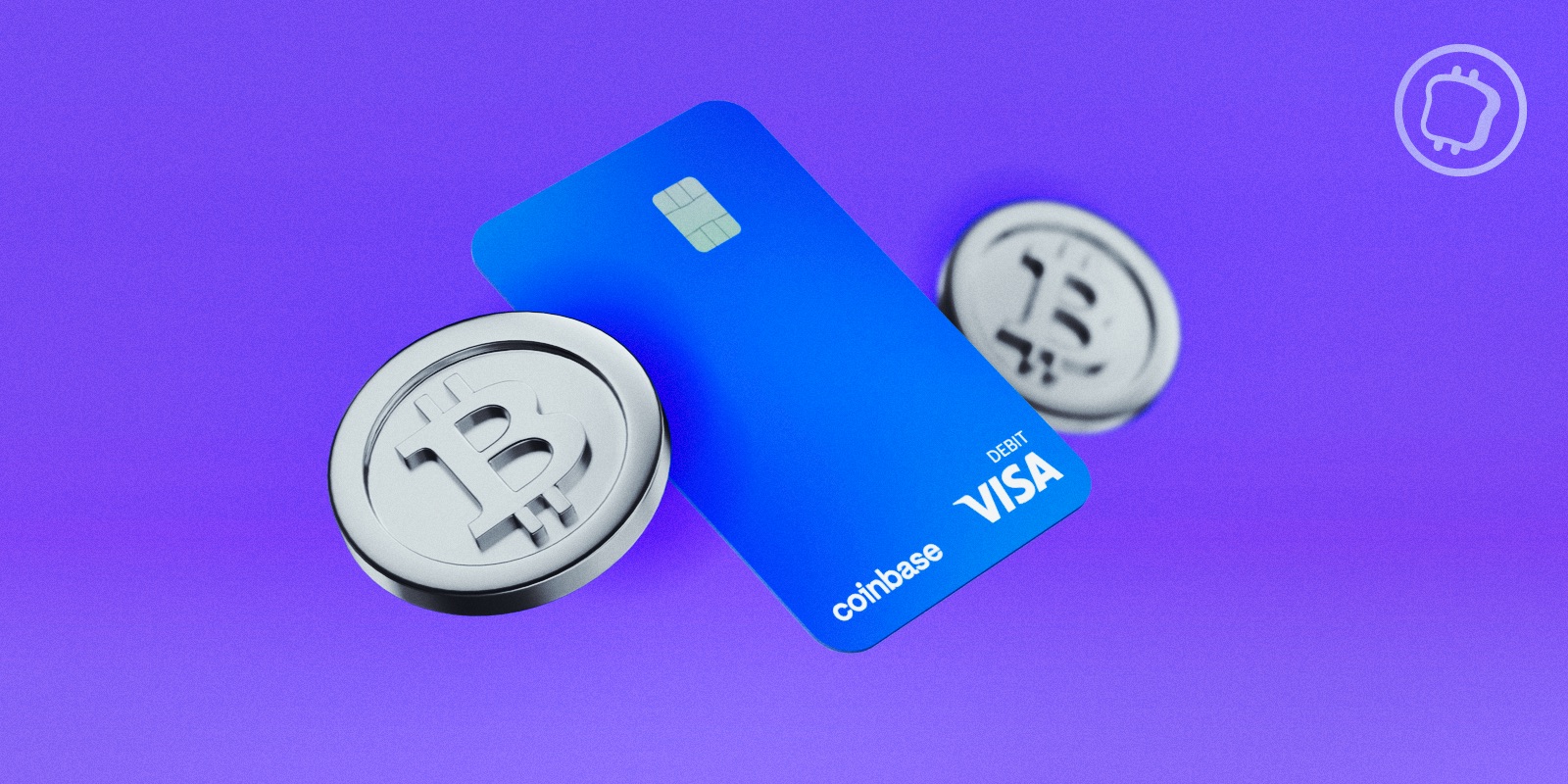For several weeks, Coinbase has claimed that the Federal Deposit Insurance Corporation (FDIC) had implemented practices to encourage American banks not to. In order to support its remarks, the exchange decided to publicly share the evidence at its disposal.
In letters, the FDIC put pressure on American banks
Coinbase continues to put pressure on on the Federal Deposit Insurance Corporation (FDIC). As part of its case against the American regulator, the cryptocurrency exchange has decided to move up a gear by making documents publicly available proving that the FDIC attempted to illicitly convince several American banks to stay away from cryptocurrencies.
Last June, Coinbase filed suit against the FDIC. At the center of this legal action are blockages to requests for access to documents under the “Freedom of Information Act” (FOIA).
The government agency has since provided several documents to the crypto platform, which prove that it contacted several financial institutions asking them to put an end to their activities related to cryptocurrencies. Coinbase recently decided to reveal the content of these documents.
“ We respectfully request to suspend any activity related to crypto assets », Wrote the FDIC in one of the 23 letters shared by the exchange, intended for an American bank.
In some of these letters, the regulator did not hesitate to ask many very complex questions in connection with possible activities related to cryptocurrencies to the financial institutions concerned. “ We expect you to respond satisfactorily to these questions […] to ensure that the bank operates in a safe and sound manner, » could we read in these letters.
Coinbase: register on the most famous crypto exchange in the world
Coinbase is pleased to have had access to these documents and wishes to continue its efforts
Last November, Paul Grewal, Coinbase's chief legal officer, had already expressed himself around these documentsalthough they have not yet been revealed:
So far, we've discovered more than 20 examples from the FDIC asking banks to “pause”, “refrain from providing” or “not continue” to offer crypto banking services. The public deserves transparency, not an agency that works behind a bureaucratic curtain.
For Paul Grewal, all these actions fall within the framework of “Operation Choke Point 2.0 », a vast initiative led by regulators to illegally prevent banks from carrying out activities related to cryptocurrencies.

On X, the legal director of the exchange praised the efforts of his teamsaying that this was just the beginning of the matter and that Coinbase would continue to unveil new documents as necessary:
I am very proud of the team who pursued these FOIA requests, despite continued denials from the FDICappeals and even a federal trial. We are just getting started. We will continue to put pressure to get clarification and full transparency from the governmentincluding unredacted versions of these letters, by any appropriate means necessary.
I'm very proud of the team for pursuing these FOIA requests, through endless FDIC denials, appeals, and even a federal lawsuit. We're just getting started. We'll keep pushing to get clarity and full transparency from the government, including the unredacted versions of these…
— paulgrewal.eth (@iampaulgrewal) December 6, 2024
Don't miss the bullrun, join our experts on Cryptoast Academy
Source: Coinbase Evidence
The #1 Crypto Newsletter
Receive a summary of crypto news every day by email
Some links in this article may be affiliated. This means that if you buy a product or register on a site from this article, our partner pays us a commission.
Investments in cryptocurrencies are risky. There is no guaranteed high return, a product with high return potential involves high risk. This risk-taking must be in line with your project, your investment horizon and your capacity to lose part of this savings. Do not invest if you are not prepared to lose all or part of your capital









